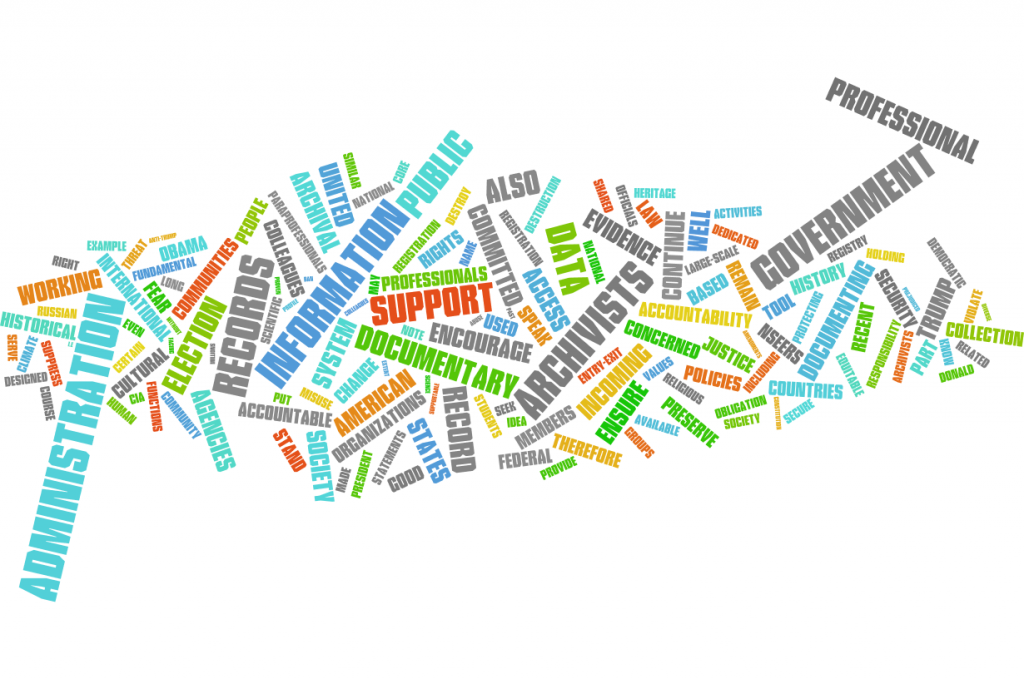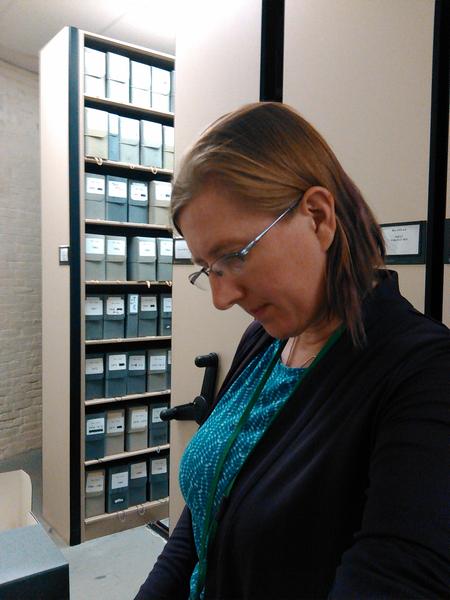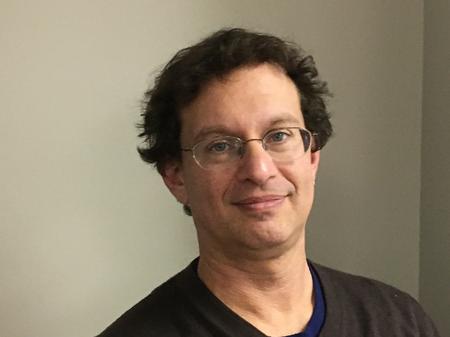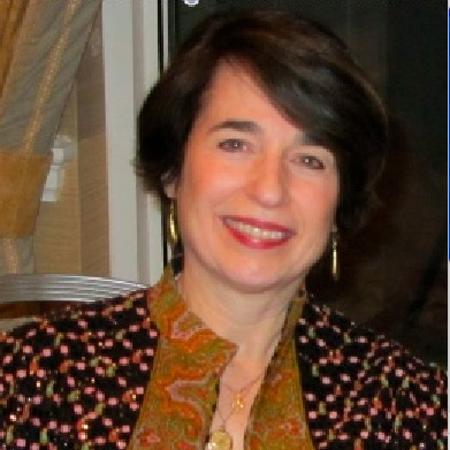Going for the Save: Archivists Caution Trump Administration Against Destroying Records, History
Librarians, archivists and historians concerned about use of data in new presidential administration.

Librarians, archivists and other information professionals who spend their lives preserving history and organizing data — which are essential to fact checking and, ultimately, become American history — fear their work could be under attack by the new administration.
A group of archivists are pledging to resist what they call the “damaging views and policies” of the Trump administration related to how public and historic records are maintained and how data may be used by the government.

Their petition, titled “A Statement to the Archival Community,” cites the president’s proposed “Muslim Registry,” his previous destruction of records, inaccurate statements and rejection of documented evidence. It calls on archivists to take action to resist Trump Administration policies if the president or his appointees attempt to destroy government information or discontinue any transparency measures.
Other history- and information-related organizations are on guard, fearing funding cuts and policy changes that would harm their work. The American Alliance of Museums issued an “advocacy alert”, and the executive director of the National Humanities Alliance published an op-ed in the Huffington Post this week. The American Library Association’s midwinter meeting coincided with Trump’s first weekend in office, and the agenda included discussion about “libraries’ increasingly important role in ensuring access to information (especially fact-checked information).”
.

“A lot of the campaign drivel sort of took on the role of becoming public policy,” says Jeremy Brett, processing archivist at Cushing Memorial Library and Archives at Texas A & M University, and one of the authors of the archivists’ statement.
“Data collection is something that is done and preserved by archivists, by librarians, by information professionals. So in my role as an archivist I objected to the idea of having data used in this kind of negative way.”
Brett and three other archivists began drafting the statement shortly after the November election and floated it on a list serve. After dozens of comments, conversations and debates, the statement was posted Jan. 15. It garnered more than 500 signatures from 41 states and seven countries in its first 10 days.

“It felt like a good opportunity just to do something concrete in the wake of the election,” says Anna Clutterbuck-Cook, reference librarian at the Massachusetts Historical Society in Boston, who also was one of the authors of the statement. “I knew a lot of people who were feeling very embattled and who were feeling very fearful about the future. It seemed like something concrete and visible that I could do with a group of people to help … stand up for values of inclusivity, and information transparency and access to information.”
As the administration begins to govern, the next steps for the archivists will become more clear, she says.
“It’s always hard to enumerate specific actions when you’re looking to the future, and the future is uncertain,” Clutterbuck-Cook says. “We’re going to try as much as possible to hold ourselves and each other accountable as a community to upholding these principles and really making information equitably accessible to our patrons, really continuing to try to support the work of people whose access to information may be challenged or endangered, protect the information of those who privacy may be threatened.”
ARCHIVAL ACTIVISM
The administration’s first weekend in office – including the now-infamous “alternative facts” statement — demonstrated why their concerns prove valid, Brett says.
“The political events of late have made me much more aware of the need for archivists to do this kind of work because of the threat to the integrity of the documentary record,” Brett says. “We preserve records because they can determine but also support evidence-based, nonpartisan conclusions. That is what we do as archivists and other information professionals. But this take by the new administration that there isn’t such a thing as a non-partisan conclusion or that evidence doesn’t really mean anything, I find that very troubling and it’s very disturbing.”
Nancy Beaumont, executive director of the Society of American Archivists, declined to comment on the statement or the group that put it together. “We advocate on behalf of the profession,” she says. “We take no position on political issues.”
The federal government employs more than 5,000 archivists, librarian, records managers and other information professionals, according to the U.S. Office of Personnel Management.
Through the National Historical Publications & Records Commission, the grant-making affiliate of the National Archives and Records Administration, the federal government provides about $10 million in support of the country’s archives and other projects to maintain historical records
THE MOVEMENT IN MOTOWN

For Detroit archivist Dan Golodner, the absence of facts in then-candidate Trump’s speeches and the calls for the Muslim Registry inspired him to be among the first few dozen public supporters of the statement.
“I signed this because I saw what was needed to be heard from the archivists in the United States,” says Golodner, who maintains the records for the American Federation of Teachers at the Walter P. Reuther Library at Wayne State University.
“We believe in the sanctity of the historical record which is the honest record of our society.”
At the Reuther, one of the largest labor archives in the country, Golodner says he finds much in the collections that remind him of the need for citizens to monitor and check the government’s power.

“You see the various attacks on unions by various government institutions and trying to oppress the people trying to express their views on how people should be treated,” Golodner says. “I see that in the past and I see that today as it could possibly happen.”

Click here for the full interview with Archivist Dan Golodner.
He told his colleague, Aimee Ergas, about the online petition. Ergas, who oversees the Reuther’s Jewish collection, mulled it over for a day but ultimately decided she agreed with the statement and signed.
“I think it’s very important for our profession to be on top of these things. We’re kind of a hidden profession in a way,” Ergas says.
“Not a lot of people know about it but if our work goes away or is somehow threatened, it could mean a lot to journalism, to history, to the future story of our country.”
